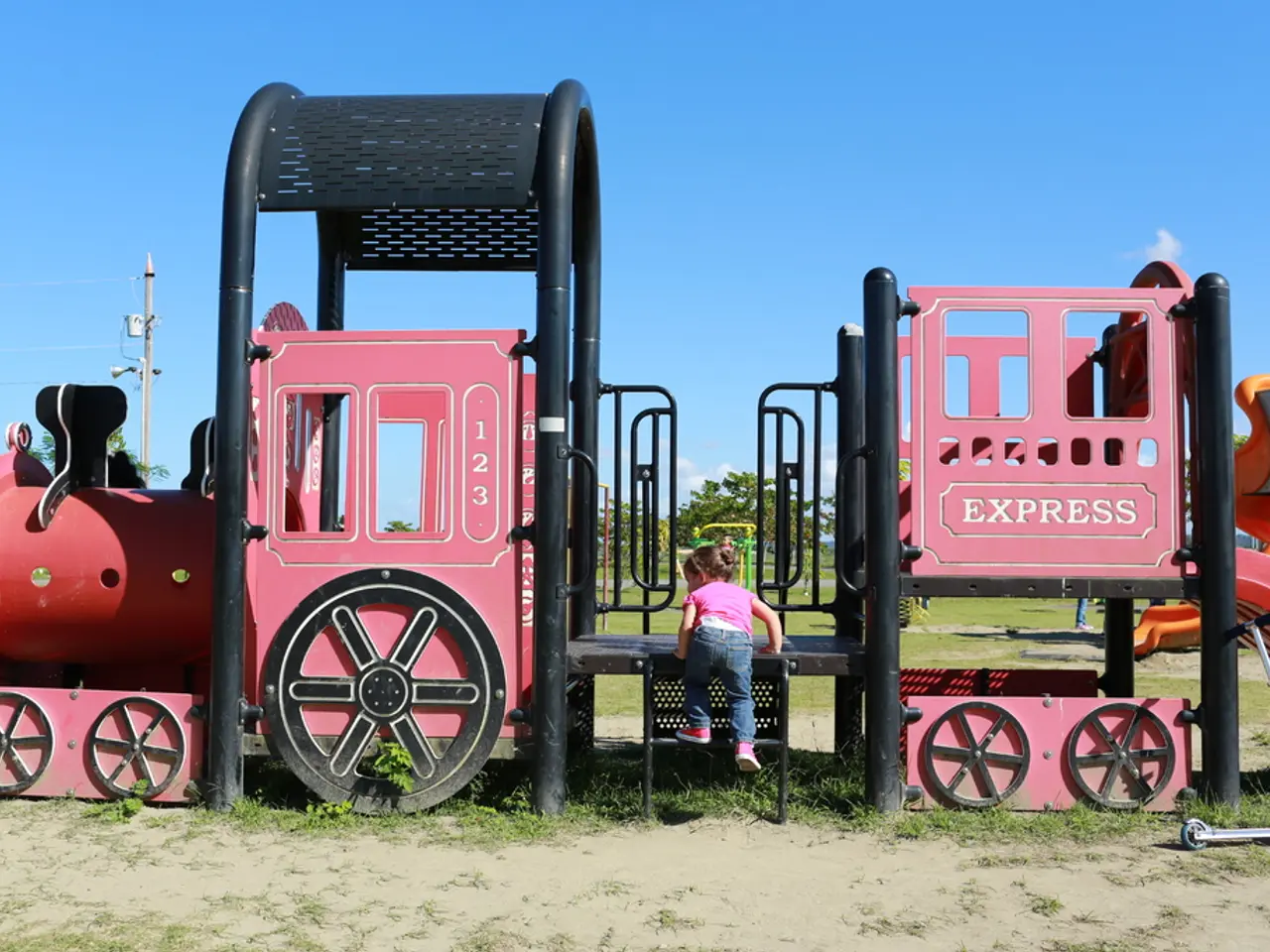Improving Executive Functions in Students: Top 10 Goals Set by Organization for Student Development
In the realm of adolescence, it's not uncommon for teenagers to face challenges in managing tasks, maintaining focus, or organising their lives. However, distinguishing between typical teenage laziness and underlying executive function challenges is essential for providing the right kind of support.
Executive Function Coaching or Life Skills Coaching can offer professional assistance to help teenagers organise tasks, manage time, or maintain focus in school, work, or everyday life. On the other hand, teens who are labelled as lazy may be making a conscious choice to avoid tasks due to a preference for other activities.
However, struggling with executive functioning skills can have a significant impact on a student's ability to manage both academic tasks and daily living activities. Teens with executive function challenges may frequently forget homework, keys, or plans despite a genuine desire to comply. They might start tasks enthusiastically but then freeze or lose track of steps and deadlines. Making careless mistakes due to trouble sustaining attention or following instructions properly is also common.
These teenagers often avoid tasks that require sustained mental effort because they find them physically exhausting or overwhelming. Consistently struggling to keep organised or to juggle multiple assignments and obligations is another key sign of executive function difficulties. Behavioural signs like impulsivity, trouble with transitions, or emotional dysregulation linked to poor executive control may also be present.
In contrast, a typical lazy teen may choose to avoid work for motivation-related reasons without the underlying cognitive impairments seen in executive dysfunction. Lazy behaviour does not tend to impact self-worth as much as procrastination does, which often leads to a negative sense of self and feelings of inadequacy and incompetence.
Supporting teens with executive function challenges is crucial. Encouraging efforts, providing tools and strategies for organisation and planning, and recognising these are developmental skills that improve over time with support are all important steps. An Executive Function Assessment can help identify areas of strength and weakness across executive functioning skills, providing a clear path for intervention.
If a teen's behaviour includes procrastination, forgetfulness, or disorganization, they may benefit from tools and resources aimed at improving executive function skills. Frustration experienced due to executive functioning difficulties can manifest as anger or self-doubt. Struggles with executive functioning can become a self-fulfilling prophecy where a learner gives up more easily and feels even more insecure as a result.
If a learner appears to be struggling with personal and/or academic success and is beginning to express dissatisfaction with themselves as a learner, laziness is not the issue. Procrastination can be a sign that a learner needs help. It's important to approach these situations with empathy and effective support rather than frustration or punishment.
In summary, the difference lies in whether the struggle is due to neurological executive dysfunction impairing task management, attention, and memory versus a motivational issue where the teen can perform tasks but chooses not to. Recognising this distinction is key to offering the right kind of support and fostering a supportive, understanding environment for teenagers navigating these challenges.
[1] Goldstein, T. R., & Ward, D. W. (2012). Executive functions: frontal lobe cognition and prefrontal neuropsychology. Oxford University Press.
[2] Diamond, A. (2013). The Executive Brain: Frontal Lobes and the Civilized Mind. Vintage.
[3] Barkley, R. A. (2015). ADHD and the Nature of Self-Control: Impulsiveness, Emotionality, and the Search for Self-Regulation. Guilford Press.
[4] Castellanos, F. X., & Tannock, R. (2002). The cognitive neuroscience of executive functions: insights into the development of attention, working memory, and inhibitory control. Current Opinion in Neurobiology, 12(2), 189-195.
[5] Willis, J. (2012). Executive Function Coaching: A Practical Guide for Coaches, Therapists, and Educators. Routledge.
- Investing in Education-and-self-development resources like Executive Function Coaching can aid teenagers in developing life skills such as time management, which are essential for personal-growth and succeeding in school, work, and daily life, especially for those dealing with executive function challenges.
- Struggling with executive function challenges can lead to learning difficulties, including procrastination, disorganization, and forgetfulness, which can negatively impact a teenager's self-worth and sense of competence, but these challenges are distinct from laziness and can be addressed through proper support, tools, and strategies.




